Originally posted on Kyle Orton's Blog:
By Kyle Orton (@Syrian_Intifada) on April 24, 2014 Tony Blair at Bloomberg on April 23 There’s a case to be made that Tony Blair is the most important figure in the development of the concept of “humanitarian intervention” since the end of the Cold War. When adumbrating his…
“Diana Johnstone has written a revisionist and highly contentious account of western policy and the dissolution of Yugoslavia” (Caplan, 2003). In 2002, the far-left-wing American author that is known for her engagement in the anti-Vietnam movement, published a book titled “Fool’s Crusade – Yugoslavia, NATO and Western Delusions”. In the book she presents the following […]
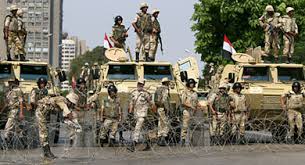
As much as I wanted to cheer the ousting of President Morsi I could not. Not because I support Muslim Brotherhood – on the contrary, I despise their Islamist agenda – but because I could instinctively feel that the overthrow of the first freely elected government of Egypt would be the beginning of the end […]
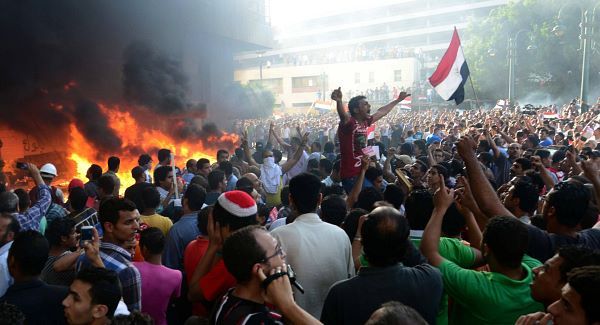
Egypt may slide into civil conflict as tribal rhetoric and violent clashes heap up Egyptian General and Deputy Prime Minister El-Sisi has called for anti-Morsi protests in support of the military and their fight against “terrorism”. Interestingly, it’s the very same military that has brutally beaten up anti-Mubarak protesters in 2011 and it’s the same […]

Tony Blair has published an article on the Woolwich murder in the Mail on Sunday. It has received widespread attention for being so outspoken on the issue of Islamic extremism. The basic line of argument is that the relation between extremist violence and a certain ideology within Islam cannot be ignored any longer. There is […]
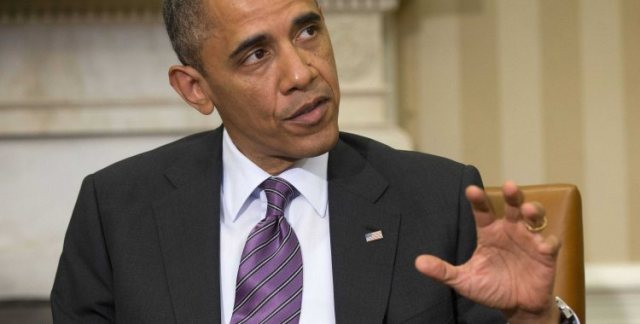
Obama’s hesitant Syria policy exposes the US President’s self-doubt to act as a global leader The White House has confirmed in a letter to several US Senators that chemical weapons have been used in Syria and Defense Secretary Chuck Hagel said in Abu Dhabi that the Assad regime has used sarin gas on its own […]
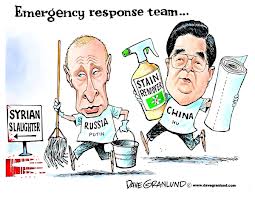
Introduction The crisis in Syria is on-going and so is the debate about the West’s options to help end the bloodshed. Those in favour of a more pro-active policy are regularly confronted with a variety of arguments against intervention. Some of them are perfectly legitimate and rightly point at the potential risks of Western involvement. […]
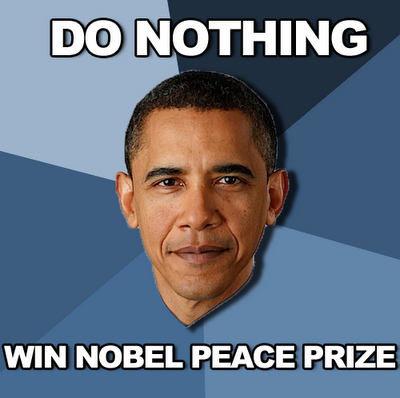
A few weeks ago the EU has won the Nobel Prize for Peace, much to the surprise of ordinary people and politicians alike. Though, if one closely observes Oslo’s decision-making in the last years, one shouldn’t have been surprised: Peace is not defined by the protection of innocent lives and human rights any longer – […]
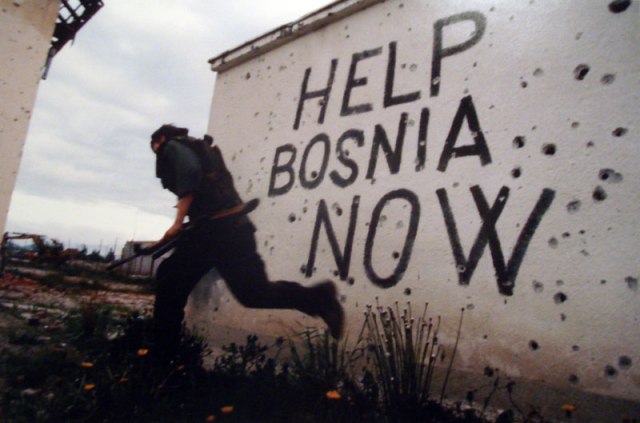
In this article I am going to defend Fernando R. Tesón’s liberal moral argument that military intervention which prevents or ends grave human rights violations is just. The most common counter-arguments against humanitarian intervention are that: it infringes upon the principle of sovereignty and non-intervention it poses a threat to the stability of international law […]

The concept of the ‘Responsibility to Protect’, invented by the ICISS in 2001 and adopted by the Un World Summit in 2005, tries to reconcile the controversy between humanitarian intervention and the sovereignty and non-intervention principle by giving a new account of legitimate sovereignty.¹ According to the 2005 World Summit Outcome Document, sovereignty is defined […]
